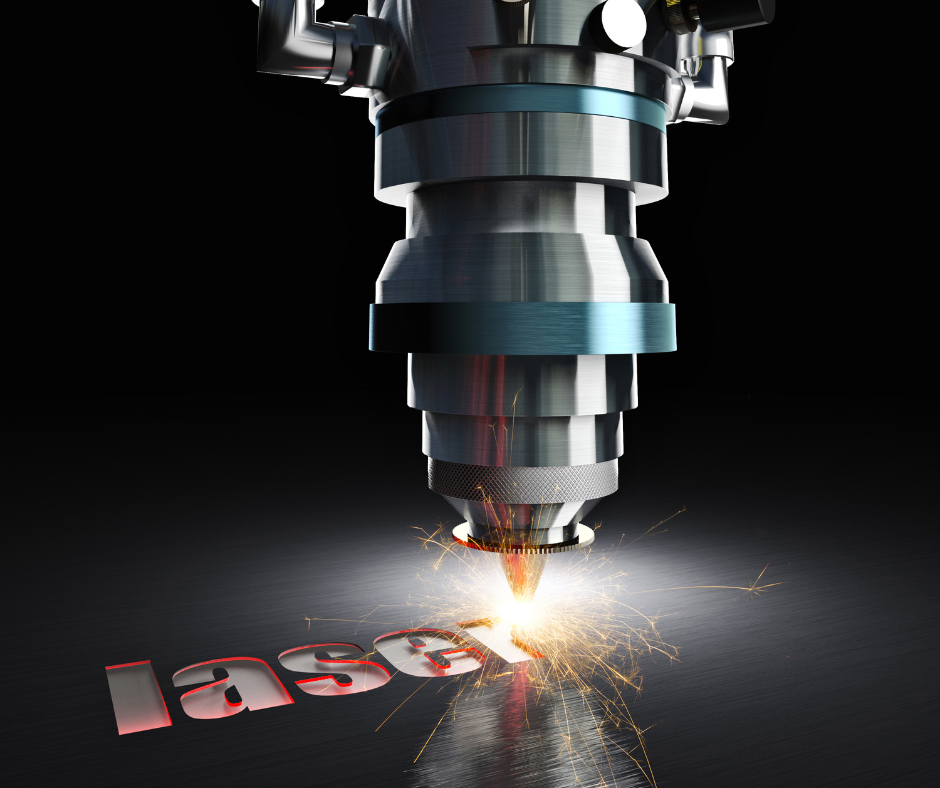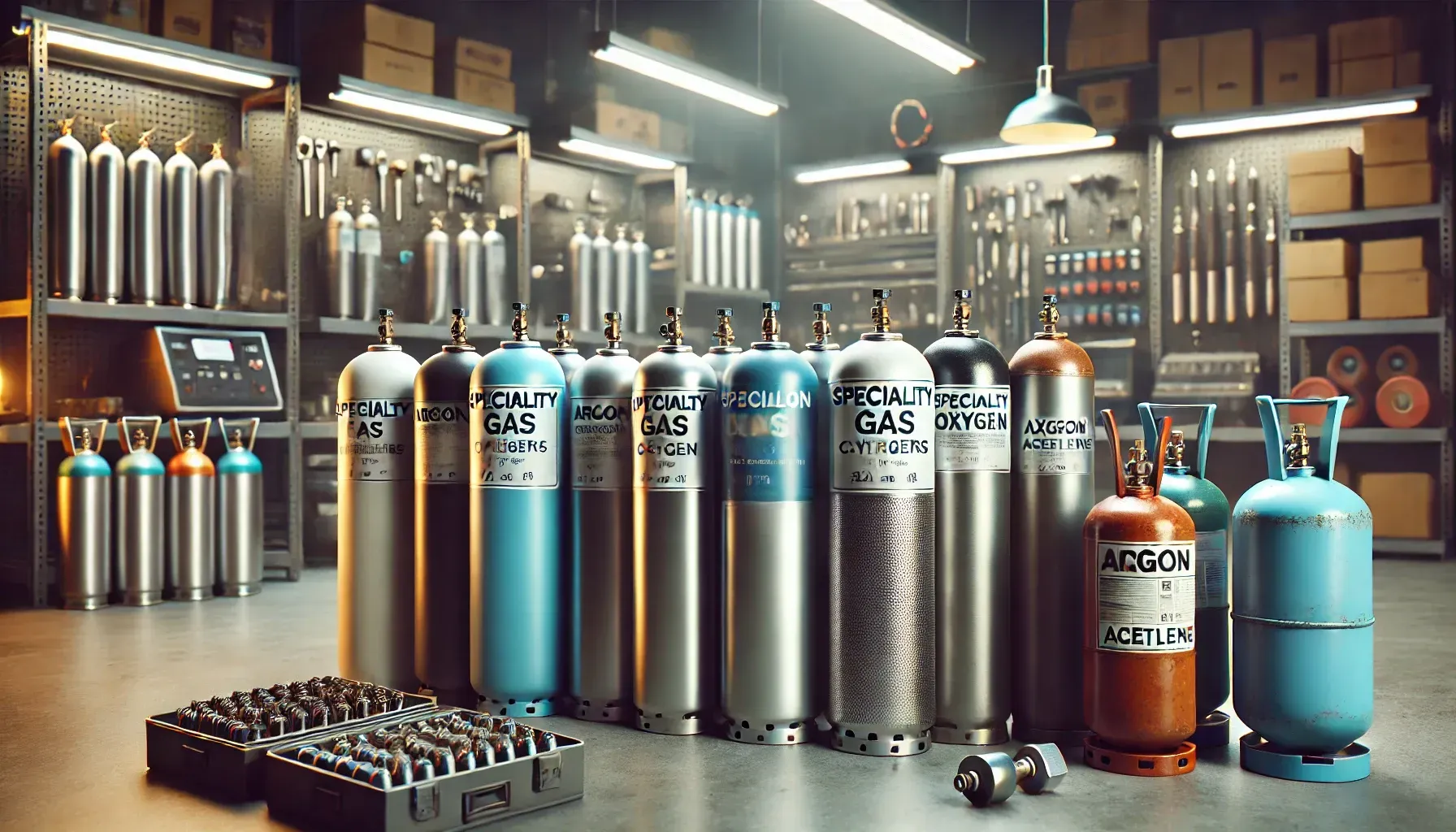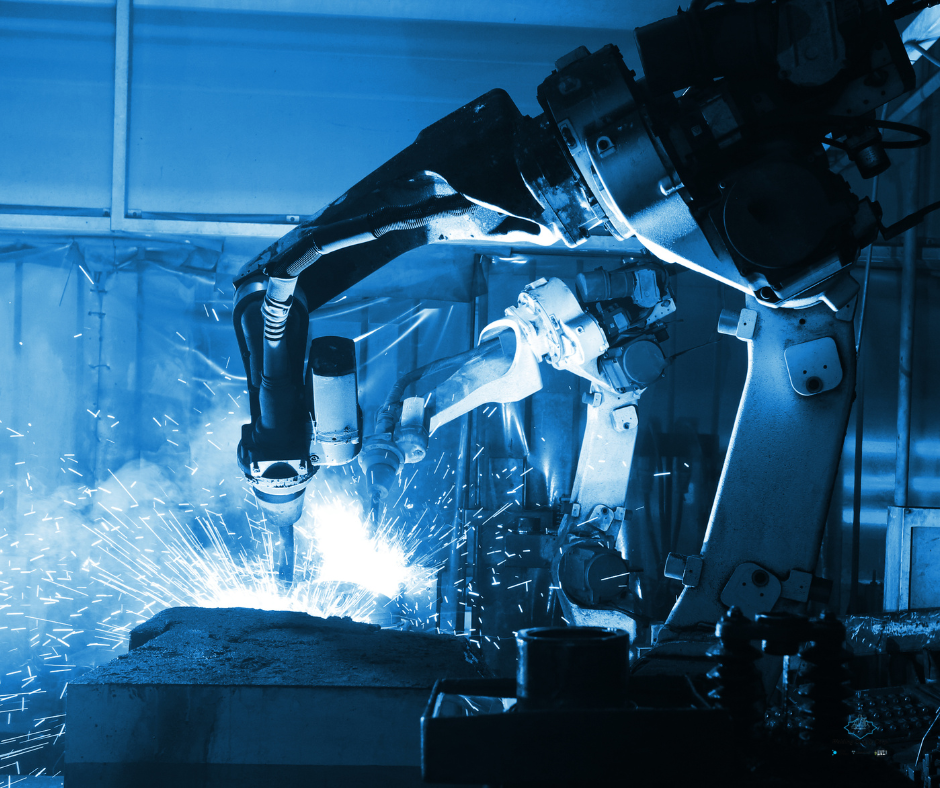How to Properly Handle and Store Gas Cylinders in the Workplace
When dealing with volatile substances such as those contained in gas cylinders, safety is paramount. That's where proper handling and storage techniques come into play, especially in a bustling workplace environment.
Metro Welding Supply Corporation in Detroit, MI, underscores the importance of adhering to stringent safety standards to minimize risks and ensure the well-being of all employees. Whether it's for industrial application, medical use, or scientific research, understanding the best practices for managing these pressurized containers can make all the difference in maintaining a safe and efficient workspace.
Understanding Gas Cylinders
Before learning how to safely handle and store gas cylinders, it is crucial to understand their nature. There are multiple types of gas cylinders, each with specific properties that dictate the manner in which they should be handled.
Types of Cylinders
- Compressed Gas Cylinders: These contain gases under high pressure and can be extremely hazardous if the cylinder is damaged, resulting in an explosive release of gas.
- Liquefied Gas Cylinders: Gases in these cylinders are cooled and stored in liquid form. They pose a risk of both chemical burns and frostbite due to the extremely low temperatures.
- Dissolved Gas Cylinders: Gases like acetylene are dissolved in a solvent in these cylinders, and they are stabilized at high pressures. Special care must be taken during handling to prevent dangerous reactions.
- Cryogenic Liquid Cylinders: Used for gases like liquid nitrogen, oxygen, or argon, these keep contents at very low temperatures and require special handling to prevent exposure to extreme cold.
Properties of Gas Cylinders
- High Pressure: Many cylinders are under high pressure, which can lead to dangerous ruptures or leaks if not handled properly.
- Chemical Composition: The gases inside may be flammable, toxic, or corrosive, necessitating specific safety measures to guard against exposure.
- Weight and Size: Cylinders can be bulky and heavy, making them difficult to maneuver without the right equipment and techniques.
- Valves and Regulators: These components are critical for controlling gas flow and must be maintained in good condition to prevent accidents.
- Storage Temperature: Exposure to high temperatures can increase the internal pressure, leading to potential cylinder failure, while extreme cold can damage the cylinder material.
Safety Precautions
When dealing with gas cylinders, a range of safety precautions should be taken to minimize potential risks.
- Regular Inspections: Ensure cylinders are regularly inspected for any signs of wear, damage, or leaks.
- Proper Labeling: All cylinders should be clearly labeled with the gas type, hazard level, and handling instructions.
- Secure Storage: Cylinders must be stored upright and secured to prevent them from falling over. Use chains or proper cylinder stands for stabilization.
- Ventilation: Store cylinders in a well-ventilated area to avoid accumulation of any potential leaks that could create a hazardous environment.
- Segregation of Gases: Incompatible gases, such as oxidizers and flammables, should be stored separately to reduce the risk of chemical reactions.
- Handling Equipment: Utilize appropriate handling equipment like trolleys or cylinder carts during transportation to prevent dropping or dragging the cylinders.
- Training: Ensure that all personnel handling gas cylinders are adequately trained on the proper procedures and safety measures.
- No Unauthorized Modifications: Never attempt to alter, repair, or repaint cylinders. These actions should only be performed by qualified professionals.
- Temperature Control: Avoid exposing cylinders to environmental extremes, whether it is direct sunlight or freezing conditions.
- Empty Cylinders: Treat empty cylinders with the same level of caution as full ones; remove and secure valves, and store them separately.
Proper Storage Practices
Proper storage is fundamental in preserving the integrity of gas cylinders and ensuring the workplace's safety.
- Designated Storage Areas: Establish specific areas for gas cylinder storage, ensuring they are away from high traffic areas and protected from being knocked over.
- Fire Safety: Maintain a safe distance from sources of ignition and keep appropriate fire extinguishers near the storage area.
- Storage Surface: Ensure that the surface on which cylinders are stored is flat and free of any material that could cause the cylinders to fall or corrode.
- Cylinder Caps: Always keep protective caps on cylinders when not in use to prevent damage to the cylinder valves.
- Signage: Display clear signage around the storage area indicating the type of gas stored and the associated hazards.
- Access Control: Limit access to the storage area to authorized personnel only to reduce the risk of tampering or accidental damage.
Emergency Preparedness
Despite all precautions, emergencies can still occur. It is essential to have comprehensive emergency protocols in place.
- Emergency Response Plan: Develop and maintain an up-to-date emergency response plan specifically tailored to gas cylinder incidents, ensuring all employees are familiar with it.
- Contact Information: Post emergency contact information and procedure steps prominently near storage and use areas.
- First Aid Training: Provide first aid training to employees, including how to treat chemical burns and frostbite, which may result from exposure to certain gases.
- Leak Protocols: Establish clear procedures for detecting, reporting, and responding to gas leaks.
- Evacuation Routes: Clearly mark and regularly review evacuation routes that should be taken in the event of a gas leak or cylinder rupture.
- Shut-off Procedures: Ensure that employees know how to safely shut off gas valves and, if necessary, the proper method to safely vent gases to reduce pressure.
- Rescue and Medical Attention: Have a plan for rescue operations and immediate medical attention in cases of gas exposure or injury.
- Regular Drills: Conduct periodic emergency drills to ensure that emergency procedures are effective and that staff responses are prompt and correct.
- Incident Documentation: Keep a log of any incidents or near misses to help prevent future occurrences and refine safety protocols.
- Coordination with Local Emergency Services: Work with local fire and emergency services to develop a coordinated response plan, particularly for hazardous gases that require specialized handling.
Regulatory Compliance
A variety of regulations and standards exist to govern the use of gas cylinders. It is the employer's responsibility to ensure compliance.
Training and Information Dissemination
- Regular Training Sessions: Hold training sessions at prescribed intervals to reinforce proper handling and emergency response procedures related to gas cylinders.
- Safety Manuals: Distribute safety manuals to employees that include detailed information on gas cylinder types, associated risks, and comprehensive handling guidelines.
- Material Safety Data Sheets (MSDS): Ensure that MSDS for each type of gas stored or used on the premises are readily available to all employees.
- Safety Signage: Install clear and visible safety signs that direct towards safety equipment, storage areas, and display handling procedures near workstations.
- Updates on Regulations: Keep staff informed about any changes to legislation or best practices pertaining to gas cylinder safety.
- Language Accommodations: Provide training and materials in languages understood by all employees to eliminate barriers to comprehension.
- Feedback Mechanism: Establish a system for employees to report safety concerns or suggest improvements to current gas cylinder handling protocols.
Conclusion
Proper handling and storage of gas cylinders are not only regulatory requirements but are essential for the safety of everyone in the workplace. By understanding the nature of gas cylinders, taking the appropriate safety precautions, following proper storage practices, being prepared for emergencies, and complying with regulations, you can minimize the inherent risks associated with these critical assets. Remember, safe practices protect lives and maintain a secure work environment.
About Metro Welding Supply Corp
Metro Welding Supply Corp stands at the forefront of supplying specialty gases and equipment to a diverse set of industries including welding companies, hospitals, research facilities, and universities. With years of experience in the field, Metro Welding has established itself as a trusted provider, ensuring that clients receive high-quality gases that meet stringent industry standards.
Their commitment to excellence and customer service has cemented Metro Welding's reputation as an essential partner for businesses that demand reliability and precision in their operations.
Contact Us
For all your specialty gas and equipment needs, or if you have any questions about our products and services, please don't hesitate to reach out to us. Our knowledgeable team is ready to provide you with the support and information you require.
Phone: 313-834-1660
Email: sales@metrowelding.com
Address: 12620 Southfield Rd, Detroit, MI 48223, United States of America
At Metro Welding Supply Corp, we value our clients and are committed to delivering excellence with every interaction. Whether you are placing an order or merely seeking expert advice, we’re here to help.
Ready to work with Metro Welding Supply Corp.?
Let's connect! We’re here to help.
Send us a message and we’ll be in touch.
Or give us a call today at 313-834-1660
Agency Contact Form
More Industry Tips, Tricks & Tools...
Industry Insights (i2)











